Rabbits can be wonderful pets... if you know what they need. Read on to find out more about Rabbit Care 101!
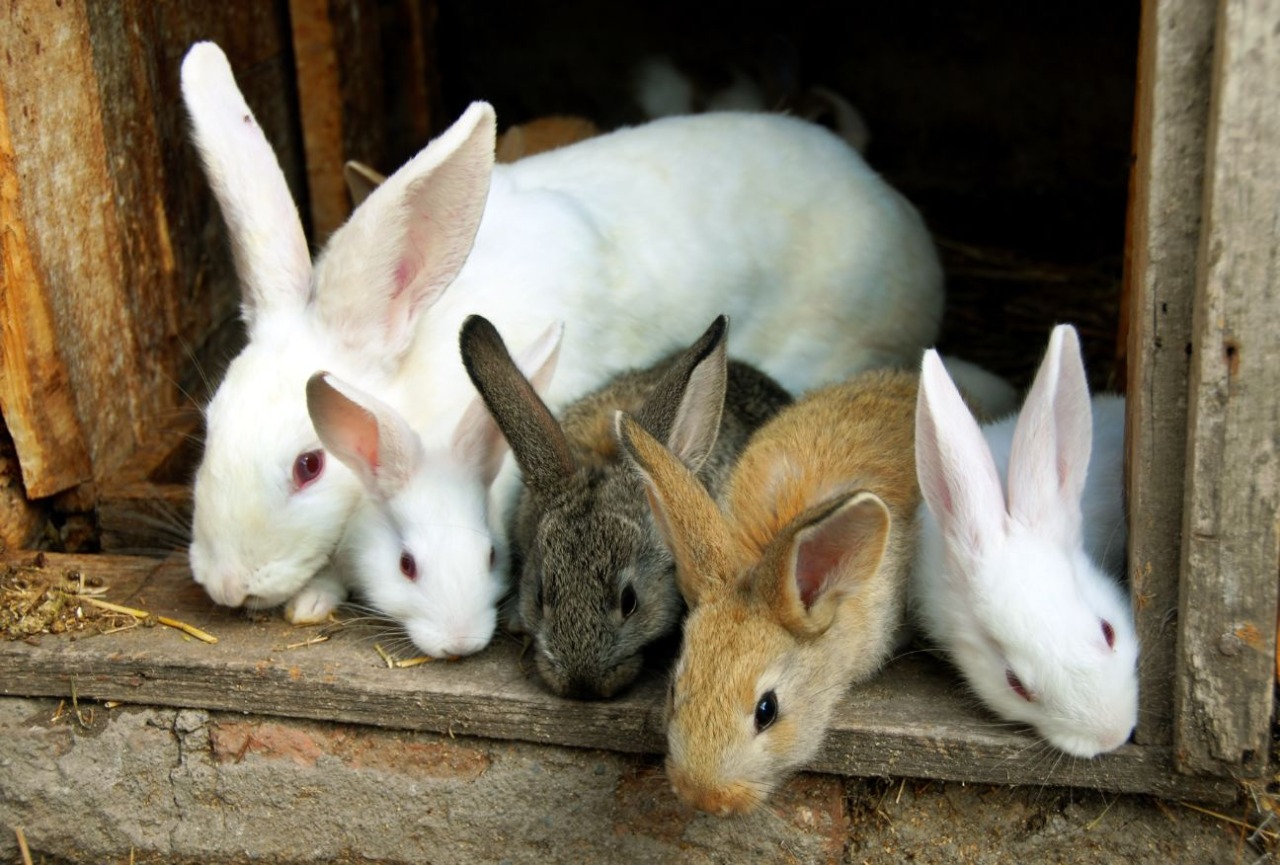
Bunnies are super cute, there is no denying that and we're sure any animal lover worth their salt has, at some point, harboured a strong and stubborn desire to bring home a rabbit as a pet. The good news is - rabbits make fantastic indoor pets. But in a world where cats and dogs are popular as pets, it is absolutely vital to take into account the things you will need to care for a pet rabbit responsibly.
Preparing for a new pet is essential, and armed with just a little knowledge and a bit of preparation, you can have a great experience bringing a pet rabbit home. If you're wondering what kind of basic info you need, just keep reading!
Rabbits as Pets
As prey animals, rabbits are sensitive creatures that get easily startled by loud noises and sudden movements. Stress in rabbits can cause (sometimes) fatal health issues, and it's important to remember that before deciding whether rabbits are the right pet for your home!
They live for 10 to 12 years, which means adopting one of these floppy-eared cuties is a long-term commitment. Bunnies are also social creatures that need other rabbits around to feel relaxed and safe. Having two rabbits isn't too different from just one, but you would definitely have to spay and neuter them in such a situation.
Speaking of spays and neuters, it's especially important to do so if you do not want to end up with more rabbits than you signed up for. To avoid sending off rabbits to a shelter down the line, be sure to talk to your vet about spaying or neutering your rabbit. An added benefit - your rabbit will toilet train more easily, and there's a lower chance of nesting behaviour in desexed rabbits.
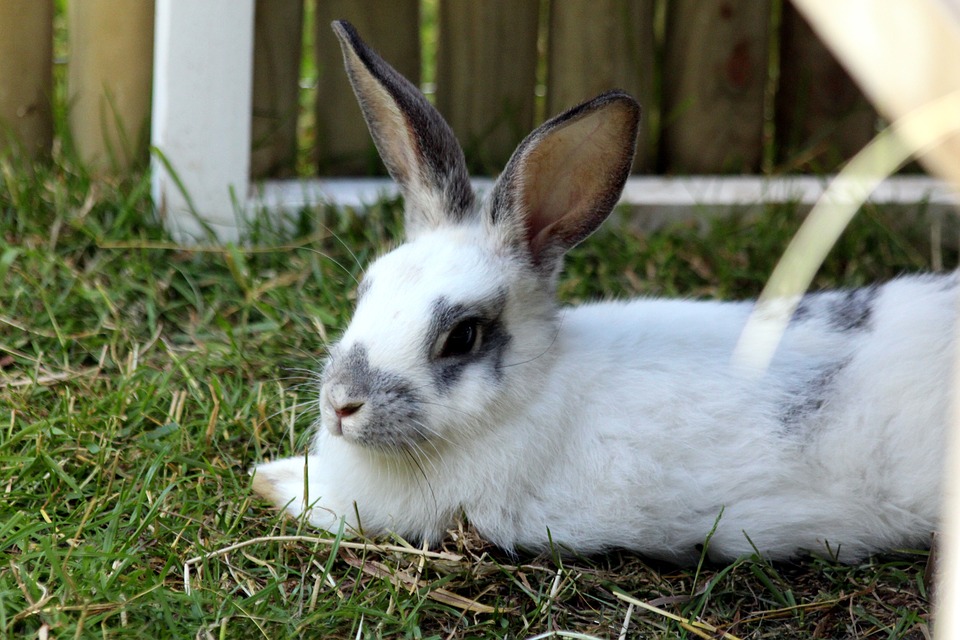
Despite that, you might think that rabbits need quite a bit of exercise. Keeping them locked in a hutch all day, simply won't be enough. Having a room where you're comfortable with them hopping around is a great way to ensure your rabbit is getting enough exercise. If you don't have the space, ensuring the cage or hutch your rabbit lives in is large enough should be a priority.
Finally, before you bring a rabbit home, make sure you speak to your local vet who knows how to treat rabbits for regular check-ups.
Caring for Your Rabbit
Crate
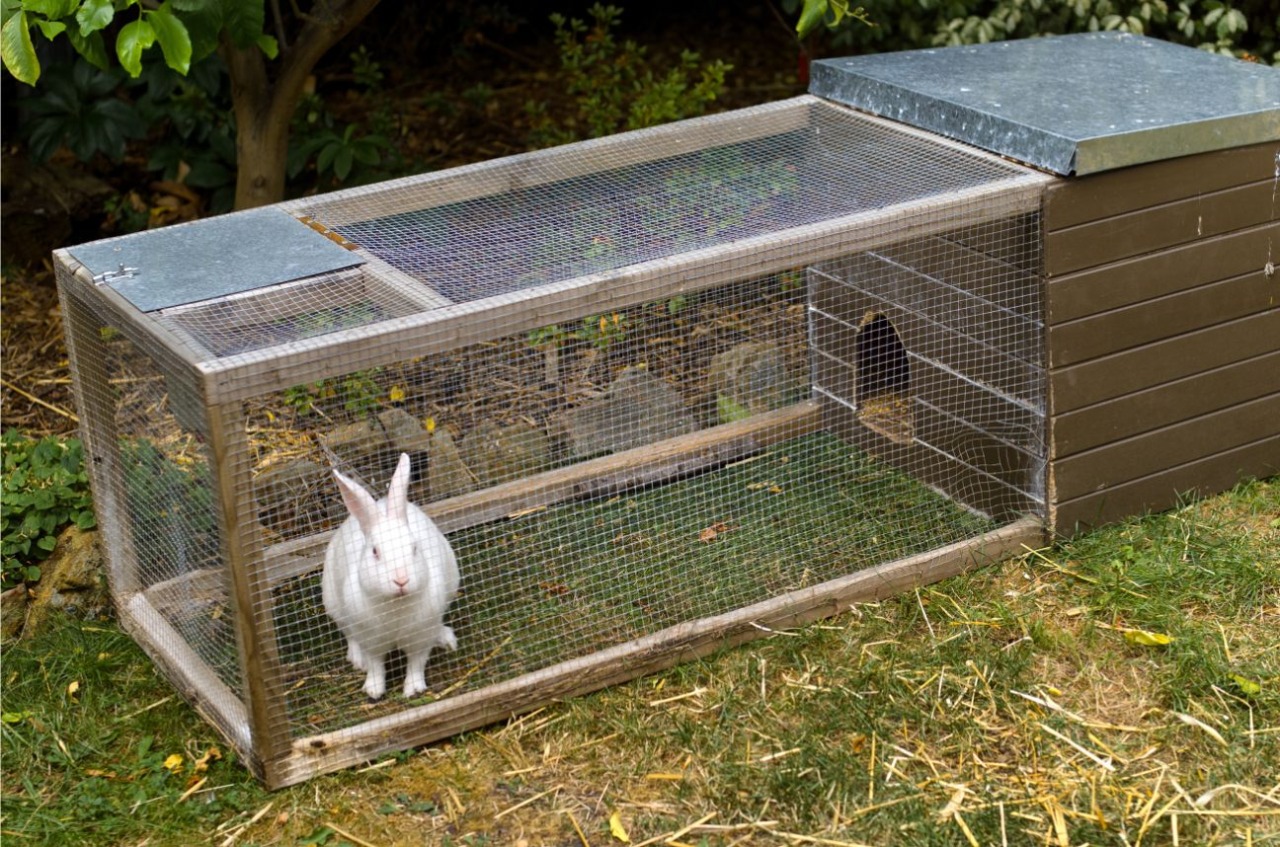
Your rabbit should be kept indoors, as they are prey animals that are likely to become paranoid and stressed out if left alone outside. Although a rabbit hutch is ideal, a large dog crate with a removable bottom is also a great option, as they can move about freely and you'll be able to do any necessary clean-up with ease.
Avoid wire bottom cages or crates, as rabbits' feet are delicate and movement would be uncomfortable for them in such enclosures.
Toys and Enrichment
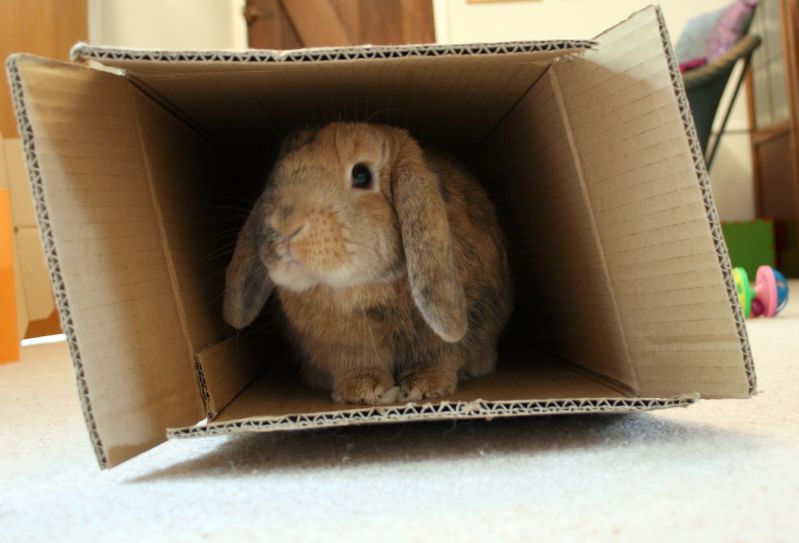
Rabbits LOVE to chew... so make sure you protect your wires or keep them out of reach. Rabbit-proofing your house is important if you don't want to deal with frustration and feelings of upset later on. Buy rabbit chew toys or make your own at home to ensure your rabbit doesn't take that chewing energy out on your possessions!
Chew toys and cardboard are fantastic items to keep in your rabbit's crate for them to chew on.
Toilet Training
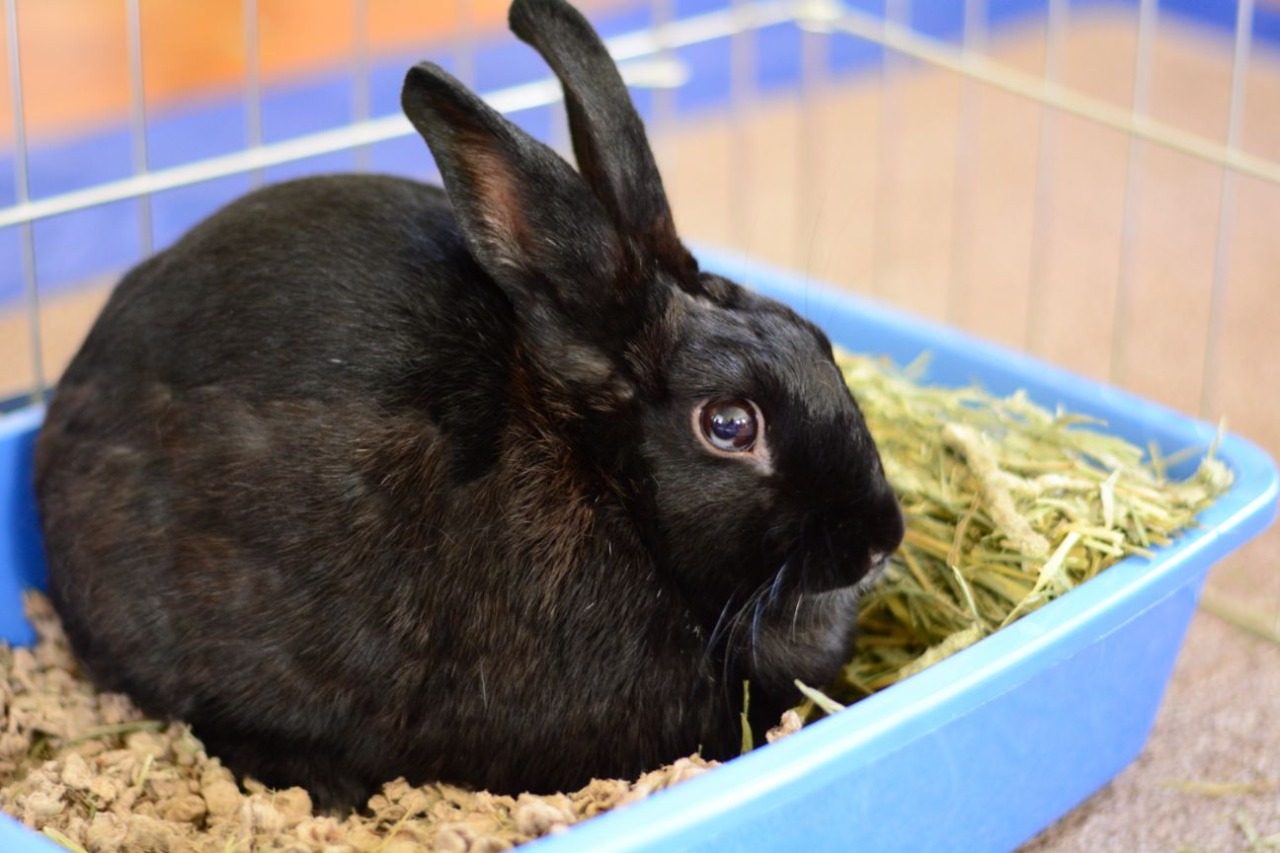
Rabbits can be litter trained but not quite the same way as cats. They require a litter box that is lined with newspapers and filled with sawdust litter, which should then be covered with hay or grass. This is because rabbits like to be munching on food while they answer nature's call and ensuring some food in their litter box means your rabbit is more likely to be successfully litter trained.
Diet
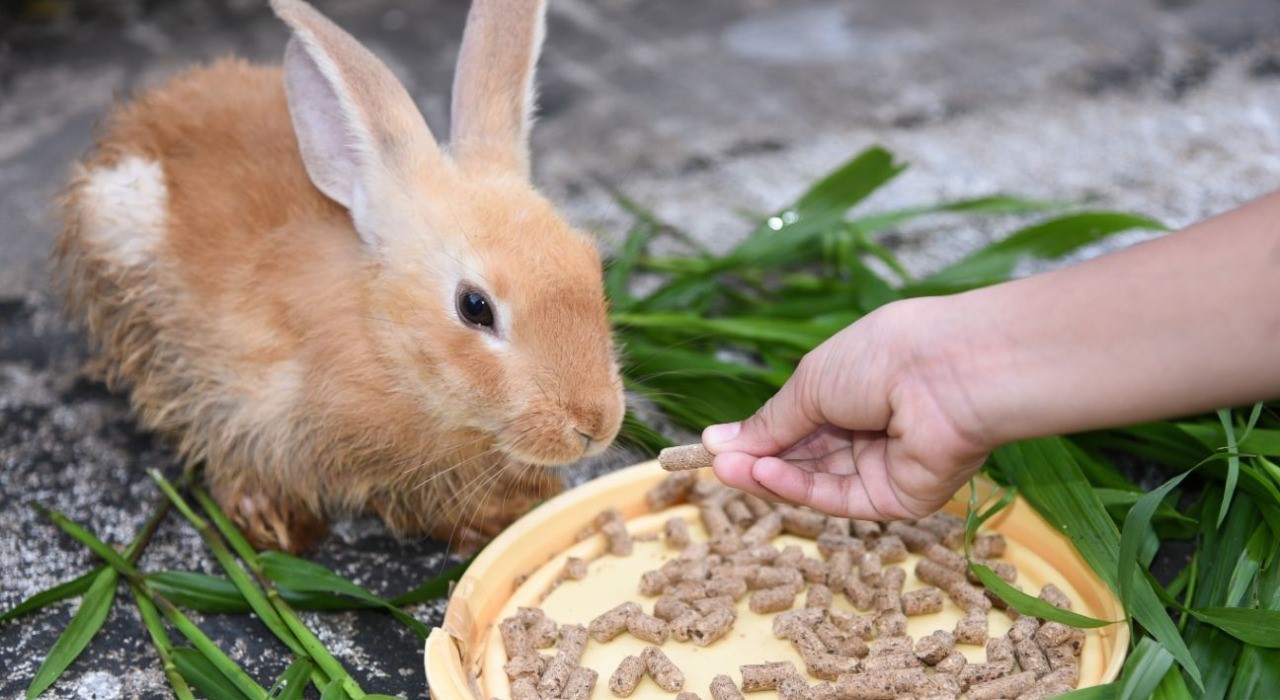
Contrary to popular belief, rabbits need a LOT of fibre in the form of hay or grass to have a healthy diet for a healthy life.
Grass hay is one of the BEST things you can give your rabbit to eat along with lettuce, herbs, watercress, cucumbers, carrot greens, and sprouts. You can give your rabbit actual carrots and other fruits or vegetables (after checking if they're rabbit safe) once or twice a week.
Water is key to ensuring your rabbit's good health and reduces the chances of digestive issues. So be sure to provide your rabbit with PLENTY of fresh water.
And with that, you're several steps closer to successfully adopting a pet rabbit. The right information can help make the adoption process smooth for you, and the new adjustment easier for the new long-eared buddy. If this post helped you reach a decision, we hope you'll give your pet bunny a cuddle for us!